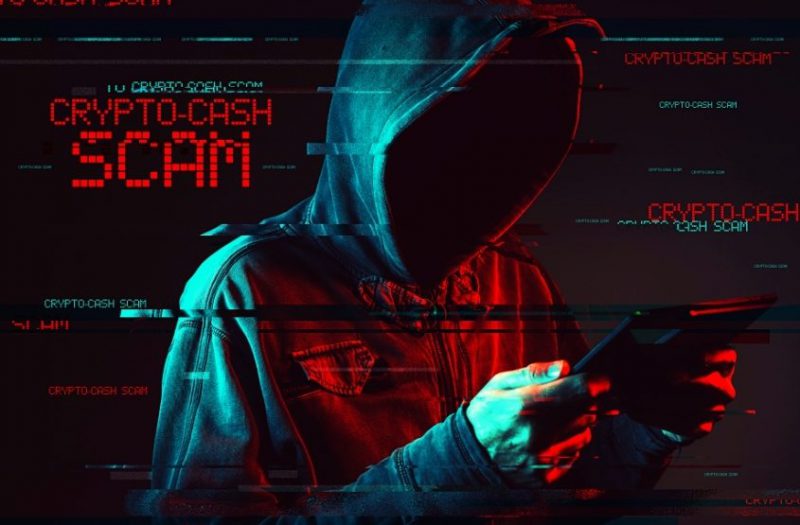What is NFT
A NFT is a digital asset that represents real-world objects like art, music, and videos. You can trade them online with cryptocurrency, often for Bitcoin (BTC), Ethereum (ETH), etc.
Is NFT a scam?
It’s not a secret that the crypto world is growing at an exponential rate. There is daily creation of new coins, NFTs, and cryptocurrencies. But, some still cling to their claims about how you can get free ones by merely looking on various websites. Yet, this isn’t true for one simple reason. NFTs (Non-Fungible Tokens) aren’t free because they have value. People own them due to uniqueness!
The story of Beeple is an intriguing one. The first 5000 days, which was previously sold for $69 million by Mike Winkelmann. Now, it belongs to MetaKovan, who does not have copyrights on it. This proves how NFTs are not a scam!
Scammers in NFTs
The NFTs or Non-Fungible Tokens have been such a topic of discussion in both the art and finance sectors. They are tokens that use uniqueness to determine their value. And using cryptocurrency’s same technology. But, unlike cryptocurrencies, they have no replica, which means copyrights belong solely to whoever owns them!
After Dorsey’s sale of his first tweet at $2.9m, it set the bar for artists and investors to enter the NFTs market. Also, some scammers saw an opportunity as well!
How Can One Get Scammed?
Scammers are always strategizing on how to dupe you out of your money. They can therefore use several different tactics that include:
- A scammer could overvalue art because of its popularity and buzz. This leads to losses for other artists. For instance, an artist would waste money on an asset whose hugely inflated price, leading to losses.
- The scammers are creative in their approach to luring people into logging on. They do this by using stories like those of legitimate NFT dealers. And, once you log on, it’s easy for hackers.
- Scammers are airdropping tokens and giveaways to lure clients into clicking on links promising rewards or tickets. Some websites promise you’ll be rich once you send a certain amount for “registration.”
- Impersonating brands to gain trust from unsuspecting users. Scammers impersonate websites and social media accounts for legit brands, often with plans of selling fake or non-existent NFTs.
- The theft of artwork has become rampant in the cryptocurrency world. Artists like Derek Laufman and Devin Elle Kurtz woke up to the art they didn’t own. That is to say; their NFTs were sold on accounts with profiles identical to them.
How to Avoid Getting Scammed
For your NFTs safety and to guarantee the legitimacy of your transaction, follow these guidelines.
- Clicking on links can be risky, and one should do it with caution. Avoid links that you aren’t sure about. Some of them may lead to you revealing your wallet information to hackers.
- There is no genuine organization that will ask for your password. Do not allow anyone to access your password.
- Invest wisely by conducting a personal search before transactions. An investor should carry out due diligence to verify the authenticity of any NFT they wish to buy. Moreover, they must authenticate accounts if many websites are available on which they exist. As a result, this will help protect you from malware.
As a trader, it is your job to ensure you avoid scammers when trading. Following simple guidelines and being careful while doing business will lead to the best possible outcome!





